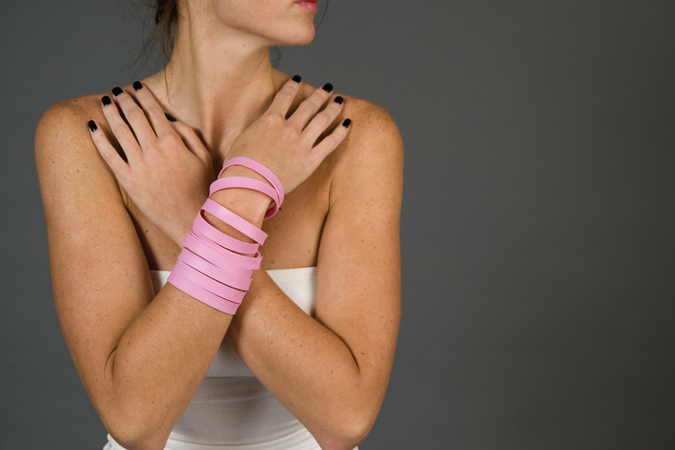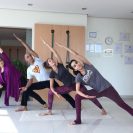Breasts are a personal topic, a secret best not spoken about, that’s what we tell our girls. And that’s how in one line we can sum up the level of unawareness that surrounds breast cancer.
When our daughters start to ‘grow’ we teach them how to sit properly, talk politely, laugh softly, dance appropriately, walk gracefully, eat and cook healthy food, work passionately, love endlessly and care boundlessly. We introduce them to their five senses, legs and hands and back and stomach. And knowingly and unknowingly we ‘fail’ to acknowledge their breasts: it is personal.
One fine day we tell our teenage daughters that they need to wear a bra. We offer no explanation on why she has to stop wearing a simple vest with a Barbie doll on it and move to sporting an elastic band around her chest. We tell her it’s a personal garment and it’s not to be flaunted, be it on the clothing line or under a shirt.
A few months or years later when she comes home and narrates to us an incident where an unknown man/woman or a known classmate/colleague (male/female) refers to her breasts as fresh or young, juicy apples or oranges, bulky balls or tiny pimples: we tell her to either laugh it off or ignore it. Don’t judge us, women are ‘supposed’ to live and laugh through such crude descriptions.
The day she is dressed up as a bride, we hug her and bid her goodbye. She’s off to a new home. We smile sheepishly when her friends gift her sensual lingerie. We hear them talk about sexy straps, laces and silk. When we visit her to congratulate the family on the new addition, we watch her breastfeed her child. We take pride; our little girl is all ‘grown-up’.
Years pass by and then one day we learn that she is battling breast cancer. We are alarmed, our girl was always healthy.
A rash on a leg, face or a back needs attention, we’d taught her that. She raises an alarm when she spots one. A swelling in the feet or hands requires medical interference, we’d trained her so. She visits a doctor.
A lump or red spot on her breasts, we forgot to talk about that. A change in size and shape of her breasts, we were too busy speaking about the expanding waistlines. A regular check-up with the doctor? We’d given her the contact details of the renowned aesthetic and other ‘health’ care experts.
When breast cancer defeats her, we tell everyone she was a brave person: only if she’d caught the cancer at the right time.
One fine day, we fall apart. We miss her terribly. We realize that we never taught her to look closely: we never acknowledged she had breasts: the ignored, least spoken body part.
But is it too late to make a start? We say, NO. So we pledge to empower our girls: We’d talk about the breasts. The word ‘breasts’ would no longer be restricted to brochures about cancer: it would be part of our vocabulary. When we talk to our daughters, fathers, friends, colleagues, grandfathers, wives, mothers, sisters, school friends, sons, collage mates, grandmothers and husbands: we’d talk of breasts.
And we’d also tell them: It’s not just women who need awareness; men fight breast cancer too.
We are pledging, can you too?











